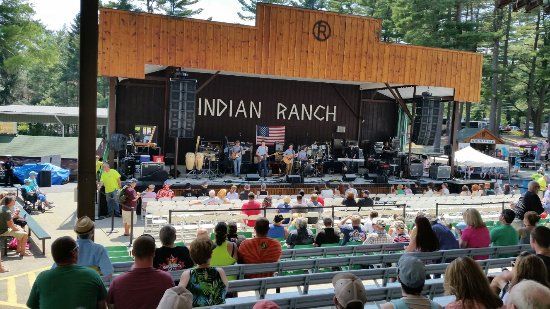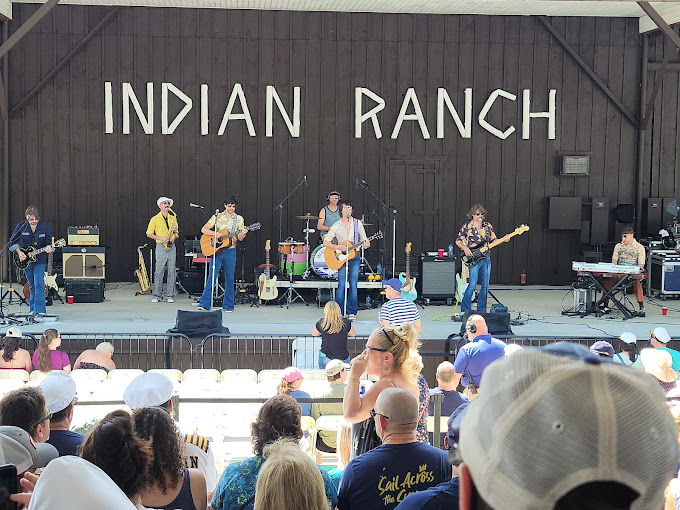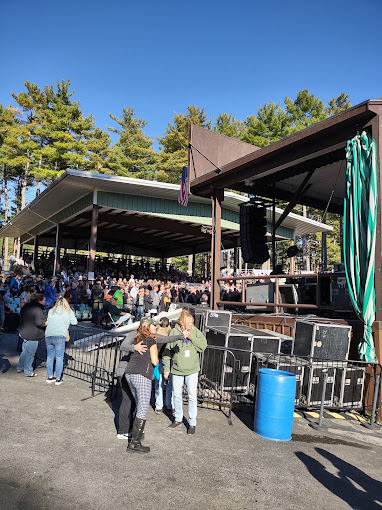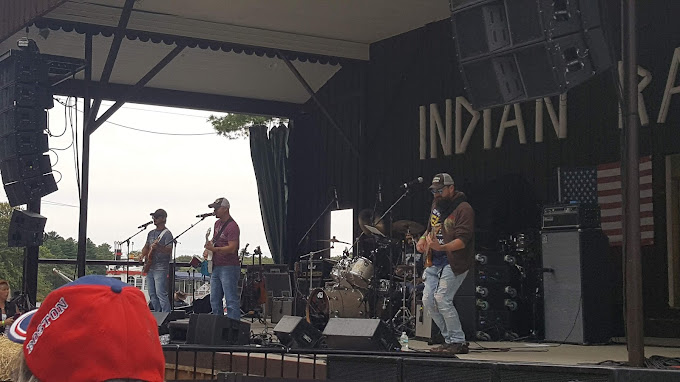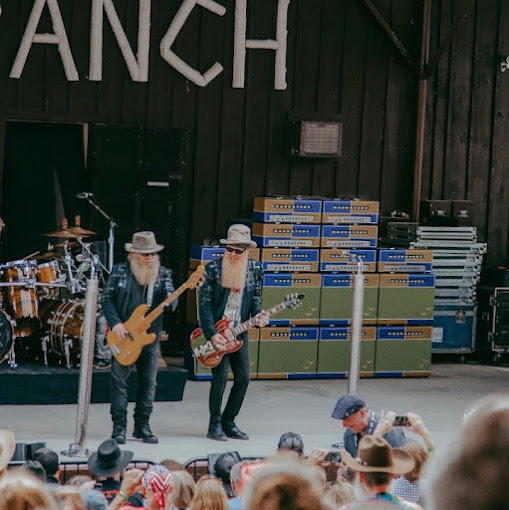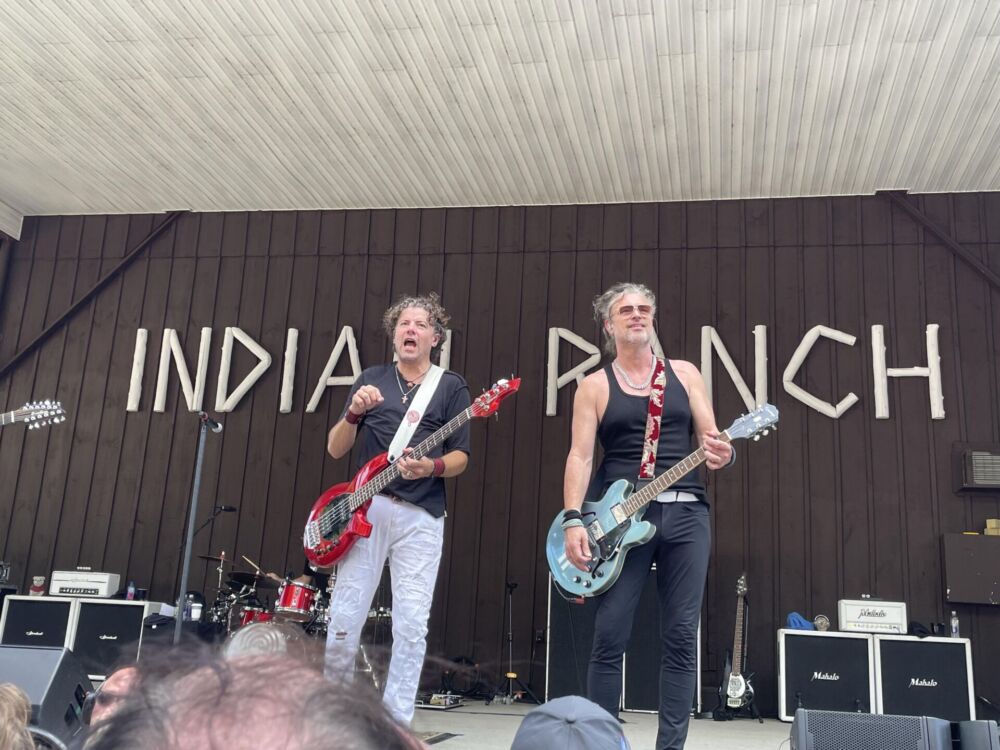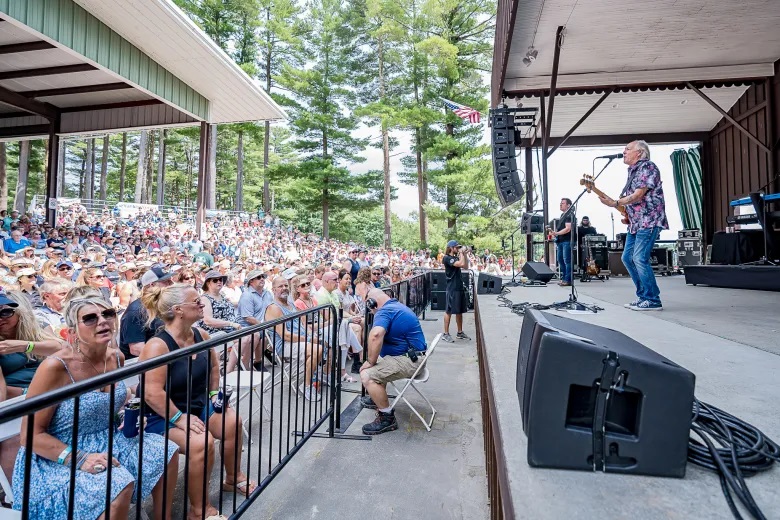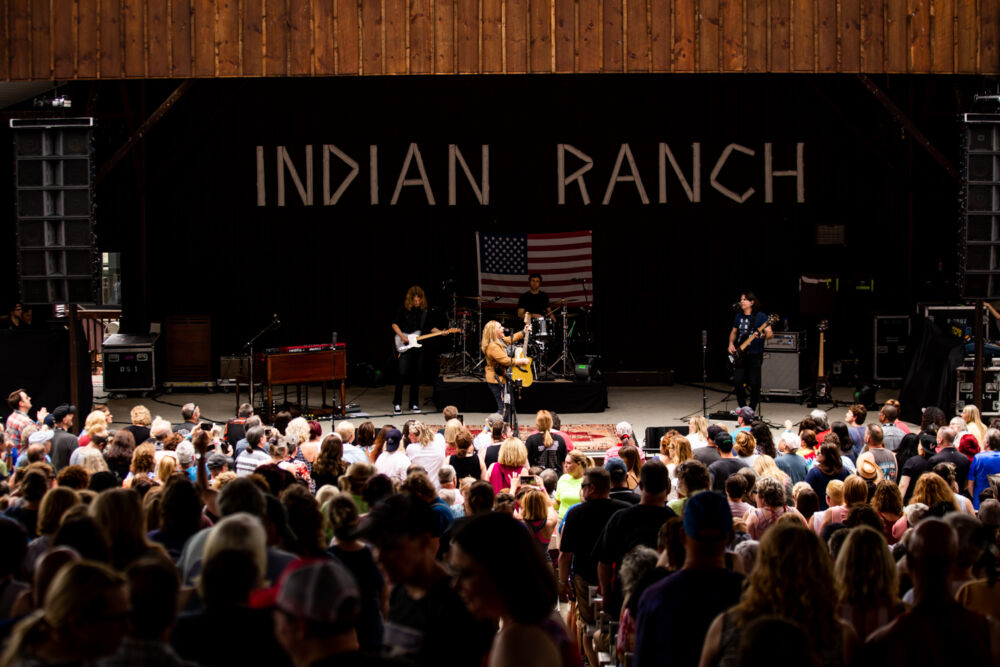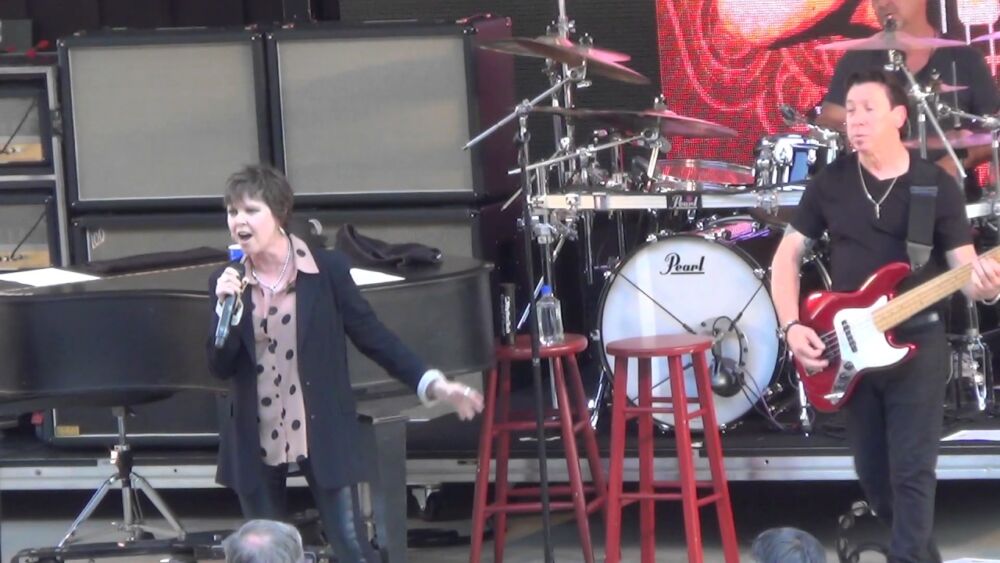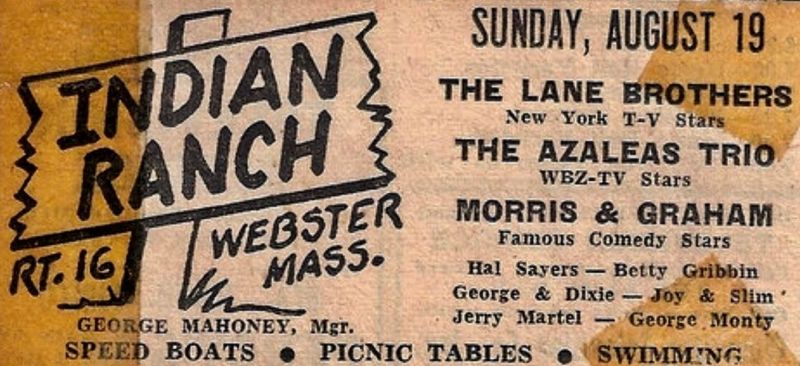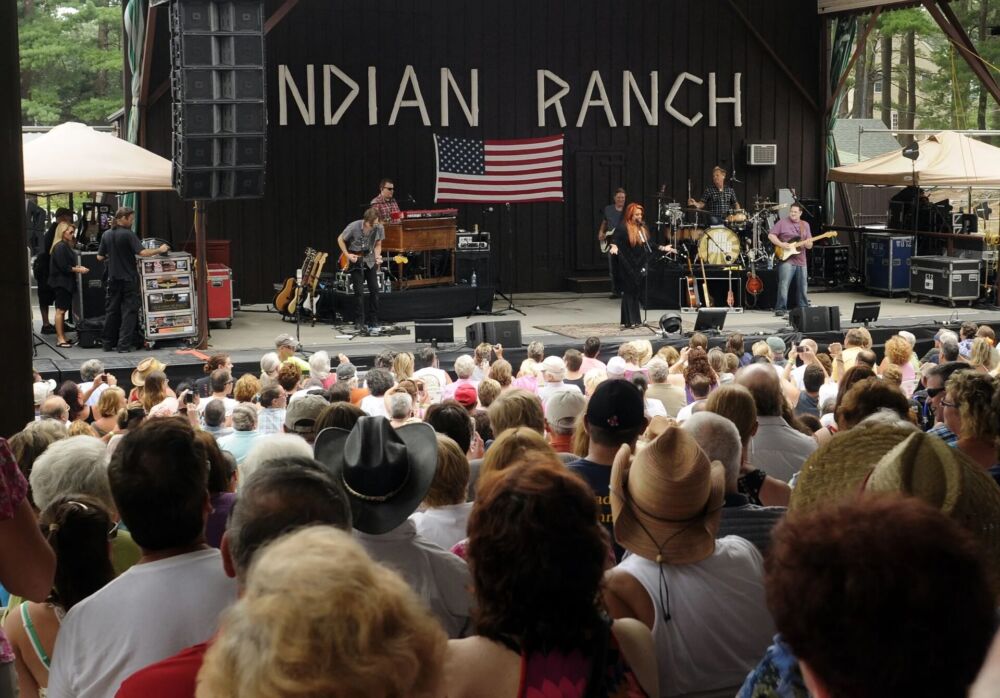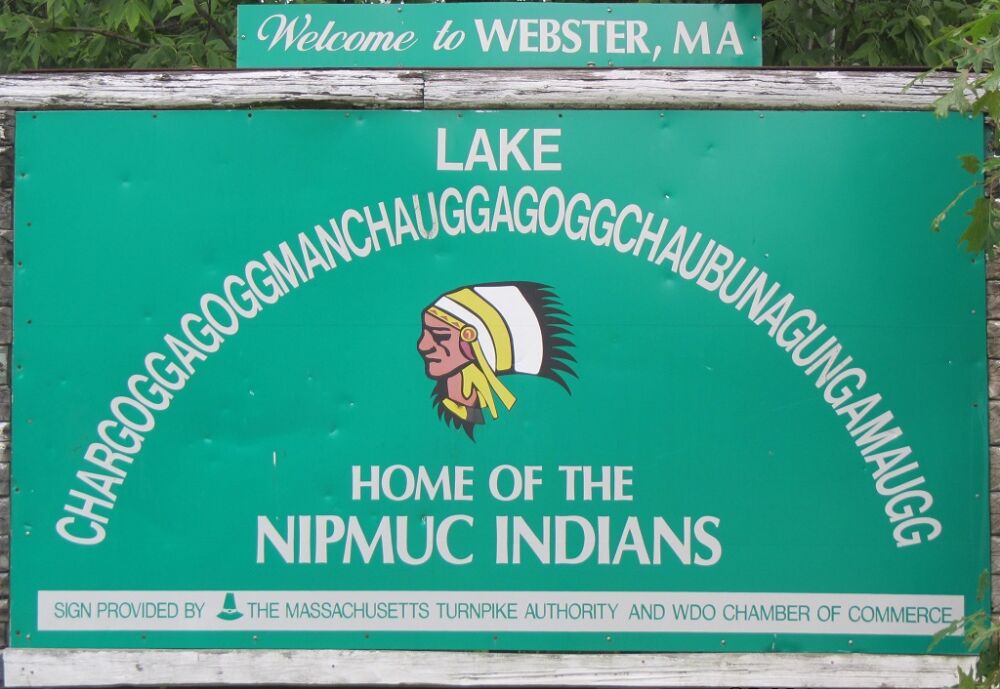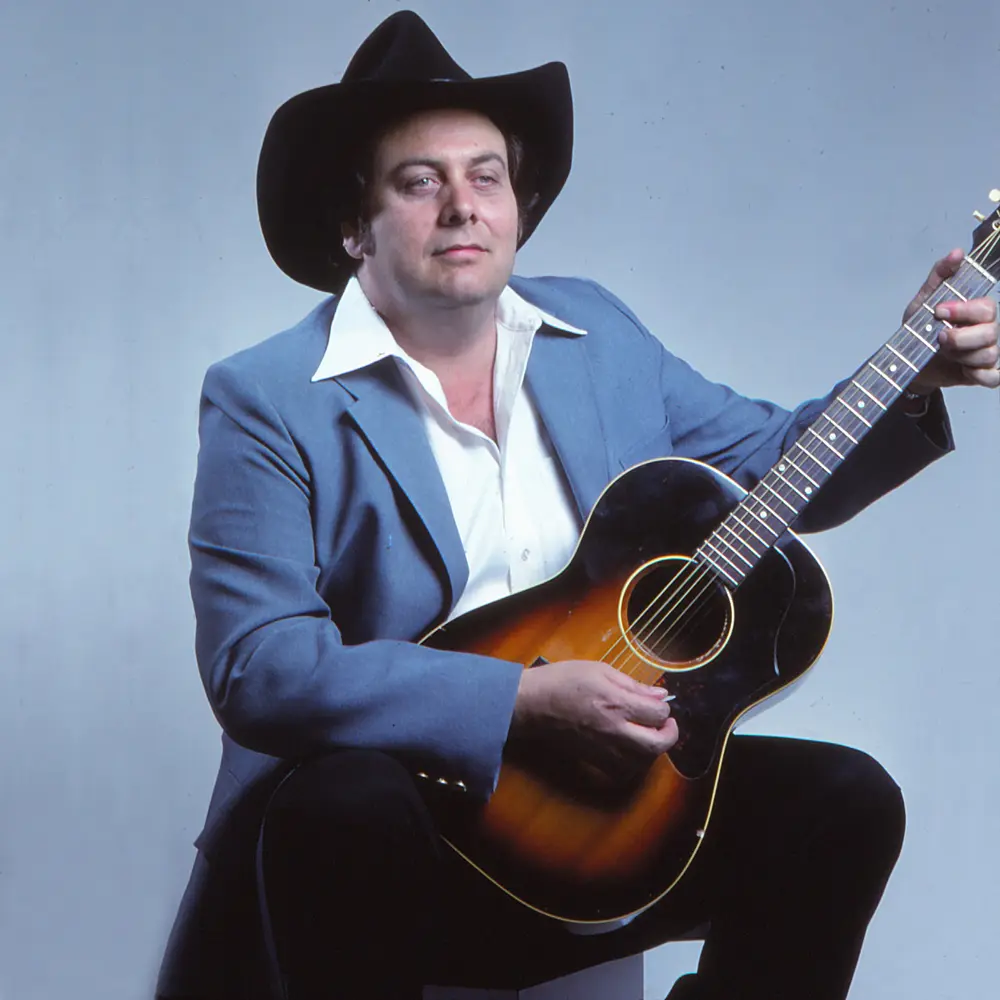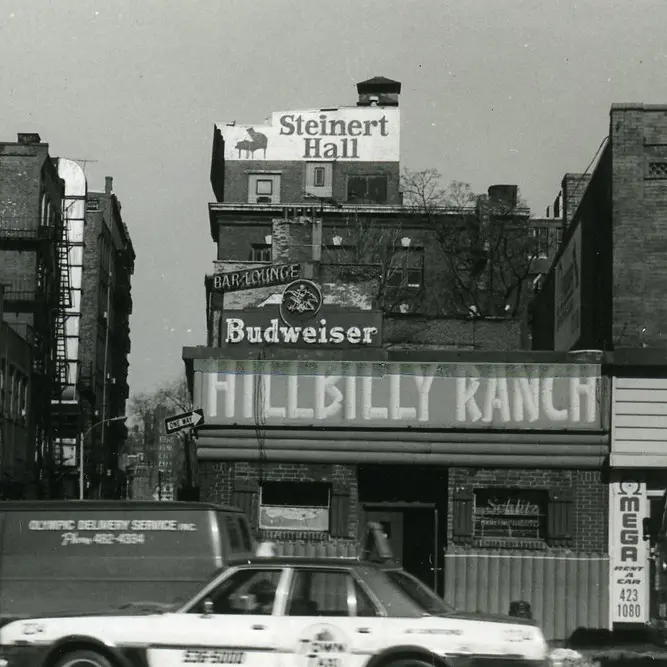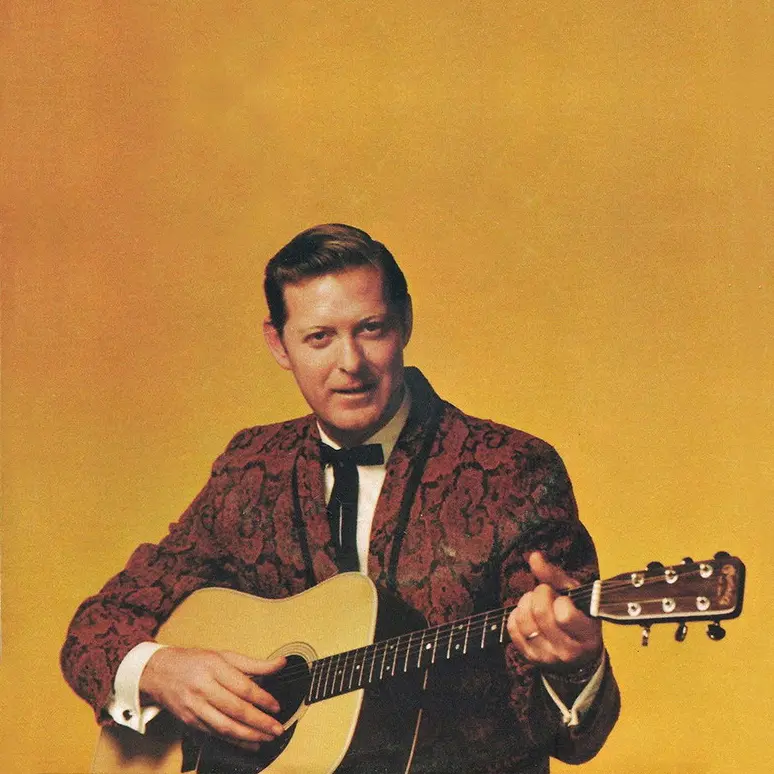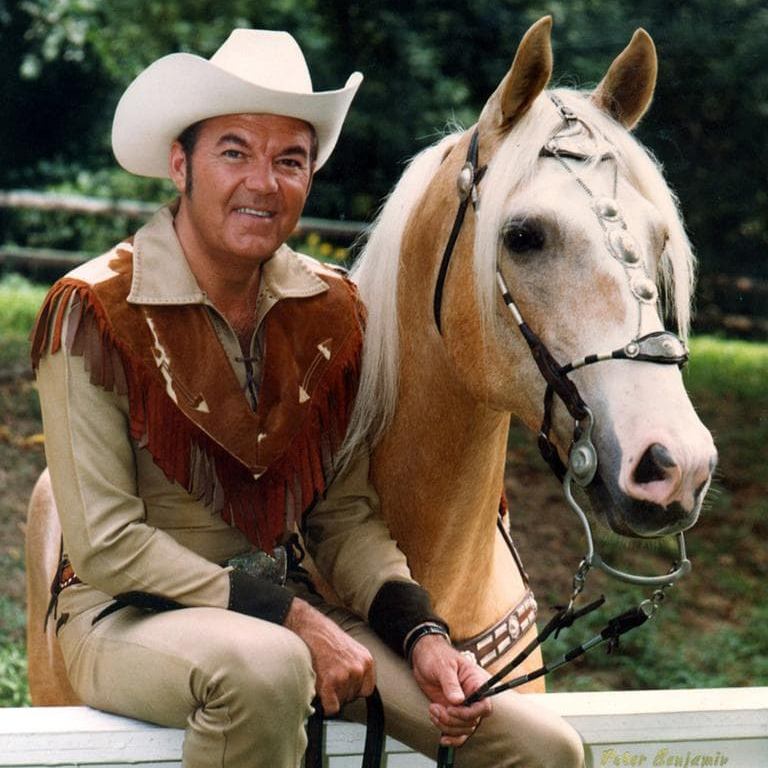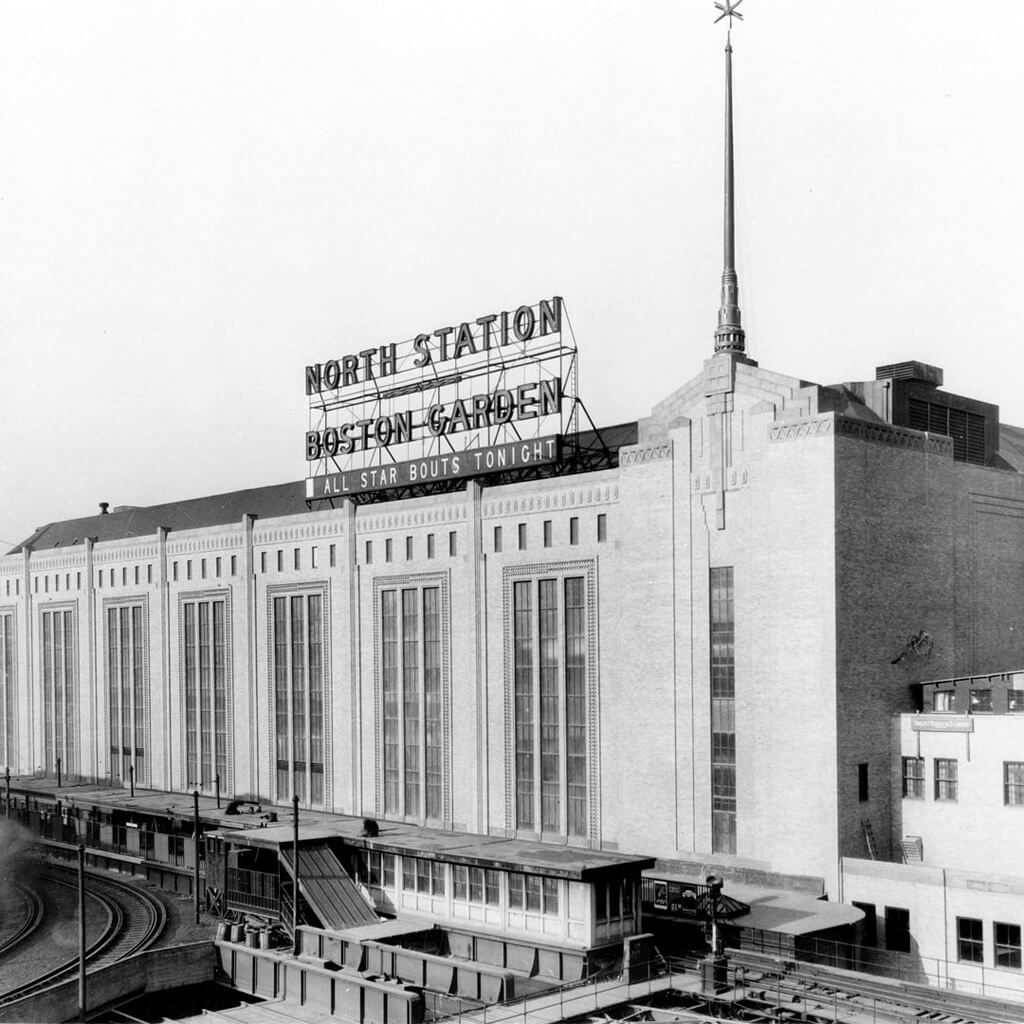Indian Ranch
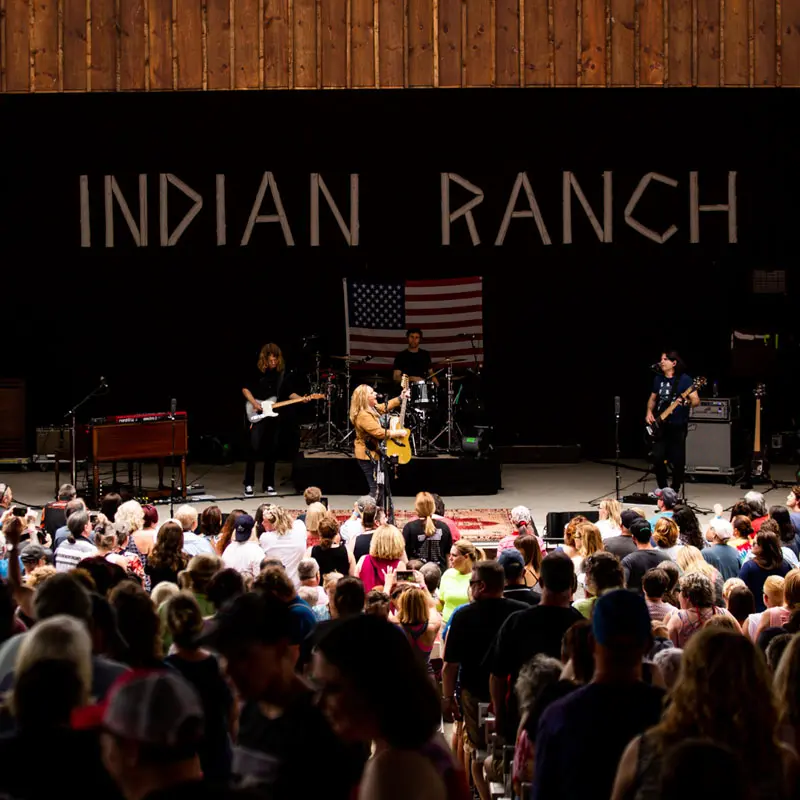
You don’t see many Stetsons in New England, but there once was a time when the region’s back roads were peppered with honky-tonks featuring live country music. Stars such as Dick Curless and Sleepy LaBeef barnstormed from Maine and New Hampshire to the small towns of Massachusetts. There was the Lone Star Ranch in Reeds Ferry, New Hampshire, and Trader Alan’s Truck Stop in Amesbury, Massachusetts. In the 1950s, ’60s and ’70s, there was even a country bar in Boston’s Park Square: Frank Segalini’s Hillbilly Ranch.
Today, one real throwback remains: an outdoor venue called Indian Ranch in Webster, Massachusetts, a half-hour or so south of Worcester. In the summer of 2021, the 3,000-seat lakeside amphitheater celebrated its 75th anniversary, having hosted many of Nashville’s biggest stars, including Ernest Tubb, Johnny Cash, Willie Nelson, George Jones, Tammy Wynette, Tanya Tucker and Charley Pride. In fact, the place is sometimes called a contender for the title “Nashville of the North.”
EARLY YEARS, ERNEST WALLIS, GEORGE MAHONEY
In the 1950s, some of the biggest names to headline the stage were hosts of the pre-Sesame Street children’s TV shows Major Mudd, Rex Trailer, and Bozo the Clown. In the 1960s and ‘70s, the stars of Boston’s network-affiliate kids’ shows were big attractions at the Ranch. Longtime owner Jake Sadowsky and his Boston-based booking agent, Abe Ford, often presented a full afternoon of old-fashioned variety acts: jugglers, magicians, dancing bears. Audiences sat on telephone-pole seats covered with wood planks. In the early years, admission was 75 cents, 50 cents for kids. Later, after the fee went up to $5, he kept the kids’ tickets priced at two quarters. “I think Indian Ranch was the largest country-music venue in the north,” Sadowsky once said. “We outlived them all.”
The vaudeville-in-the-pines format dates back to the Ranch’s original owner, an eccentric local named Ernest Wallis, who began presenting shows on the deck of his dry-docked paddlewheeler in 1946. For a few summers, he ran cruises on the lake, but that proved unsuccessful. Seeking another way to turn his property into a business, Wallis hired George Mahoney as a concert promoter. Mahoney was one-half of George & Dixie, a country and western act who had a popular program on WNAC out of Waltham, Massachusetts, and hailed from “the rolling plains of Cambridge,” according to one newspaper report. Some say Wallis had Native American blood, which would explain the Indian Ranch name. Longtime Indian Ranch owner Jake Sadowsky called his predecessor “an old swamp Yankee,” noting that “his daughter lived on the other side of the dirt road in a log cabin” and that Wallis “built a one-room tarpaper shack behind her house, with a potbelly stove.”
JAKE SADOWSKI, ABE FORD, BOXCAR WILLIE
Jake Sadowsky came to own the place after Wallis since his father Izzy, who owned a jewelry store in Webster, bought Wallis’s lakeside parcel in 1955 for $32,000, Sadowsky says, putting $200 down as an initial deposit. Jake, an apprentice watchmaker, gave up his career plans to run the venue. The younger Sadowsky and booking agent Abe Ford met through the latter’s brother, a salesman for Narragansett Brewing Company.
Over the years, they built a devoted clientele, and Ford kept booking acts at the Ranch until his death at age 89 in 2002, always declining the agent’s typical 10 percent commission in favor of a $500 flat fee. Ford, who promoted many of the wrestling “spectaculars” at Boston Garden in the 1970s, lived next door to Killer Kowalski. When the wrestler retired, he started a limousine company that brought the headliners to the Ranch.
In the late ‘70s, Sadowsky hired a singer named Boxcar Willie as part of a package of performers playing a Memorial Day fundraiser. Willie, who played the part of a singing hobo onstage, was a hit with the crowd, so Sadowsky asked him to come back and headline the following summer. They agreed on a $750 fee. Within months, Boxcar Willie was a very big, if highly unlikely, star. He appeared on NBC’s TV talent contest The Gong Show and sold his albums by mail order, with a ubiquitous television commercial. A record, standing-room-only crowd of some 6,000 fans showed up to greet him in Webster. A few years later, Willie became one of the first country musicians to set up a long-running residency in Branson, Missouri, which would soon become the booming tourist destination that it remains today.
CHARLIE DANIELS, SAMUEL SLATER’S RESTAURANT
Another Indian Ranch favorite was “The Devil Went Down to Georgia”- famed Charlie Daniels, who played the place 29 summers in a row. About a decade ago, they named the access road after him. Visitors to the new restaurant on the property, Samuel Slater’s (named for the “Father of the American Industrial Revolution”), are greeted by a life-sized carving of the fiddler. The Ranch, the restaurant, and an adjacent campground sit on the shoreline of a bucolic lake, which is said to have the longest place name in the United States. The official Algonquian name for the lake runs to 45 letters: Chargoggagoggmanchauggagoggchaubunagungamaugg. Locals call it Webster Lake.
SADOWAKY’S RETIRMENT, NEW OWNERSHIP, EXPANDED CALENDAR
In the early 2000s, Sadowsky retired after running Indian Ranch for nearly 50 years. He sold it to Chris Robert, a Westborough computer executive looking for a retirement project of his own, and over the 15 years or so, his daughter, Suzette Raun Coppola has managed the property. Recently, while working with Cambridge-based Kendall Booking, she’s broadened the scope of the Ranch’s concert calendar. In addition to perennial favorites such as Jamey Johnson and the Mavericks, the venue has booked shows with Ziggy Marley, Tower of Power and several classic-rock tribute bands.
These days, Indian Ranch hosts its shows just as it always has: on weekend afternoons, beginning at 1pm. First-time Ranch performers often double-check with questions like “Are you sure you have the time right?” Asked if she’s ever considered scheduling shows in the evening the way the majority of other places do, Coppola said she didn’t see the point. “It works so well now,” she said. “There hasn’t been any reason to change.”
(by James Sullivan)

